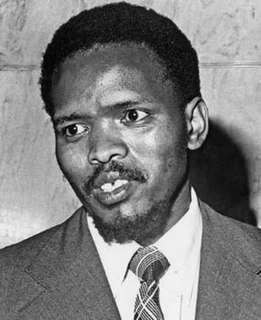A Quote by Johann Wolfgang von Goethe
But the valid issue is the extent to which man knows how to form and master the material at his command.
Related Quotes
But those dealing in the actual manufacture of mind are dealing in a very explosive material. The material is not merely the clay of which man is master, but the truths or semblances of truth which have a certain mastery over man. The material is explosive because it must be taken seriously. The men writing books really are throwing bombs.
The difference between the novice and the master is simply that the novice has not learnt, yet, how to do things in such a way that he can afford to make small mistakes. The master knows that the sequence of his actions will always allow him to cover his mistakes a little further down the line. It is this simple but essential knowledge which gives the work of a master carpenter its wonderful, smooth, relaxed, and almost unconcerned simplicity.
A disciple came to the celebrated Master of the Good Name with a question. “Rabbi, how are we to distinguish between a true master and a fake?” And the master of the good name said, “When you meet a person who poses as a master, ask him a question: whether he knows how to purify your thoughts. If he says that he knows, then he is a fake.
The master in the art of living makes little distinction between his work and his play, his labor and his leisure, his mind and his body, his information and his recreation, his love and his religion. He hardly knows which is which. He simply pursues his vision of excellence at whatever he does, leaving others to decide whether he is working or playing. To him he's always doing both.
When a man's life is over, it remains true that he was one sort of man and not another. A man who understands himself under the form of eternity knows the quality that eternally belongs to him, and knows that he cannot wholly die, even if he would, for when the movement of his life is over, the truth of his life remains.
I would like to suggest to you that the extent to which government in America has departed from the original design of in habiting the destructive actions of man and invoking a common justice; the extent to which government has invaded the productive and creative areas; the extent to which the government in this country has assumed the responsibility for the security, welfare, and prosperity of our people is a measure of the extent to which socialism has developed here in this land of ours.





































